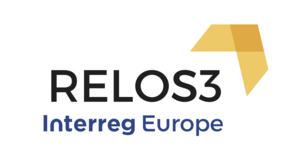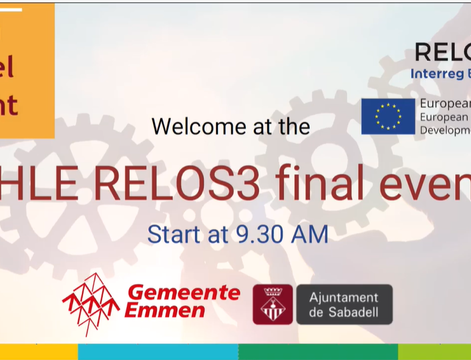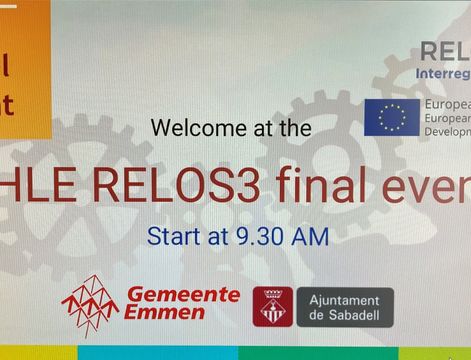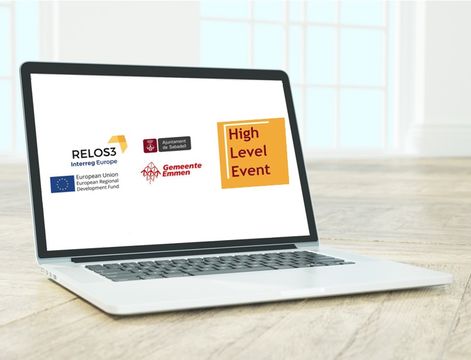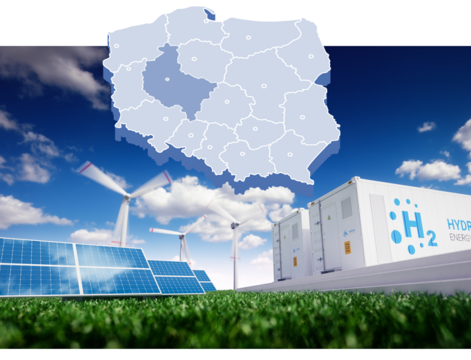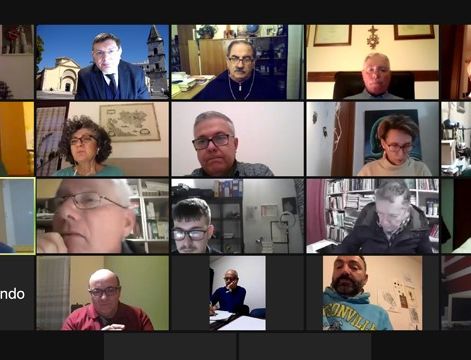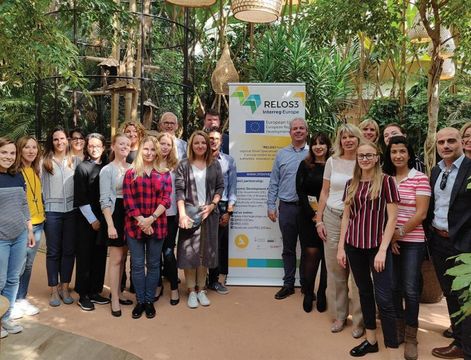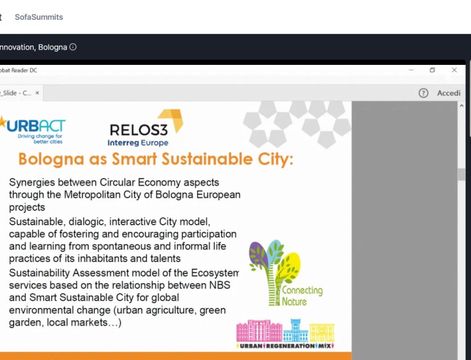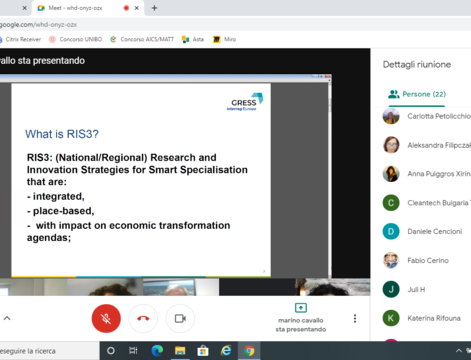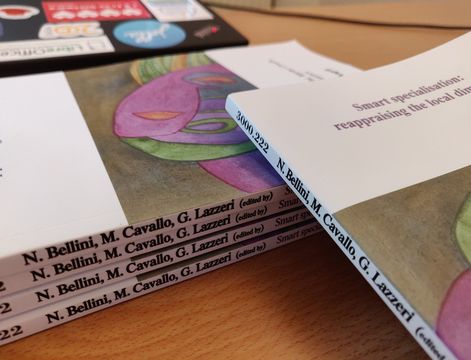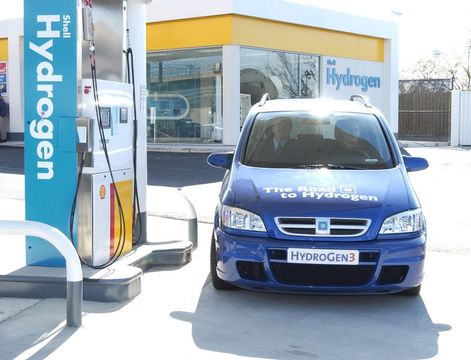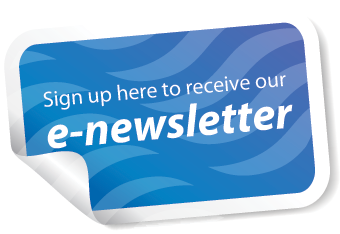Through the participation in the RELOS3 project, the Wielkopolska Region searched for specific opportunities for the implementation of RIS3 on local, subregional level, inspired by project policy learning. At the same time, one of the outcomes of the Entrepreneurial Discovery Process was an identification of new possible subregional and also regional specialisation, i.e., clean energy.
The self-government of the Wielkopolska Region undertakes actions to support the development of zero-emission technologies, with particular emphasis on hydrogen, through active cooperation of self-government, economic, scientific and social environments.
Globally, hydrogen is used in industry and public transport, including city buses, trains and even airplanes. The energy produced from hydrogen belongs to one of the purest, and at the same time is inexhaustible, like the one from renewable or nuclear sources. In the future, hydrogen will be used even in our households, and its presence will become common because renewable energy sources are gradually replacing the traditional ones.
A lot of attention to this sector was generated by the special event H2 Meet Hydrogen (after the chemcial symbol for hydrogen), that was held in May 2019. It featured both local and international speakers to discuss and network the impact of hydrogen and to define best practices in the area. With the 100th filling station recently opened in Germany, a lot of knowledge is ready to be exchanged!
The RELOS3 action plan focuses on testing new solutions for Wielkopolska via implementation of pilot projects in this sector. The projects will be implemented within Regional Operational Programme. The actions will be inspired by three good practices from the RELOS3 Interreg Europe project, i.e., “Tartu Entrepreneurship Week”, “sTARTUp Day” and “Review and re-design of Malta Enterprise’s industry support schemes for RD&I”, which helped to design the pilot projects in order to influence the Regional Operational Programme.
